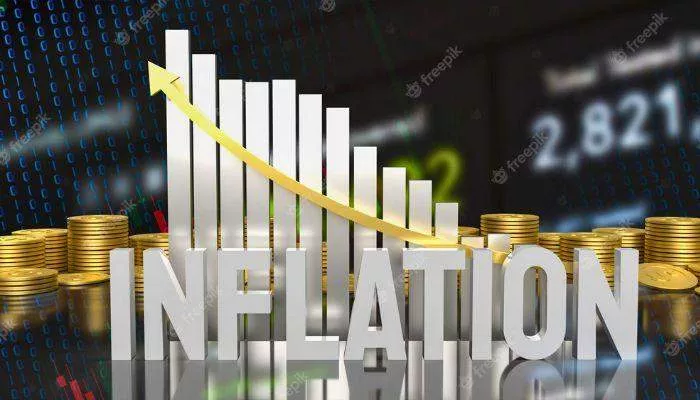
Nigeria's inflation has continued to hit the roof despite some steady gains seen from the naira since March.
According to the latest data released by the National Bureau of Statistics on Monday, March's inflation figure quickened to 33.2 percent relative to what it was in February at 31.7 percent.
"The inflation figure is for March and the appreciation of the country's currency began about three weeks ago, so the impact of the appreciation is not likely to manifest immediately," Muda Yusuf, chief executive officer of the Centre for the Promotion of Private Enterprises (CPPE) said.
"The inflation rate should begin to decline in the next one or two months," he added.
The CPPE boss noted that many of the manufacturers and distributors are still carrying old stock which they bought at a higher price, stating that selling them off at a price obtainable now may be unlikely.
Consumers' prices have reached a record of 28-year high, fanning a cost-of-living crisis and eroding the spending power of the citizens.
The rate has consistently increased for the 15th consecutive month with analysts expecting a peak in May/June before declining marginally after a wage review must have been enacted.
Economists at Goldman Sachs maintained that the naira is the world's best performing currency in April, adding that the local currency may hit N1,000/$ or below in the coming months if the central bank stays on track in its renewed monetary policies.
As of Tuesday, April 16, the naira traded at about N1,000 per dollar on the street, an amount which was last seen in September 2023.
While the naira reaches a seven-month high at the black market, the local currency recorded a four-month high of 1,142.38/$ at the official market as dollar supply increased.
In spite of this appreciation, consumer price has kept rising with food inflation which accounts for about 50 percent of the headline inflation soaring to 40 percent in March, the highest ever recorded in the country.
"The significant decrease in FX reserves triggers inflationary pressures as the cost of imports rises, impacting the purchasing power of consumers and eroding the value of domestic savings," Godswill Nwankwo, managing partner, Betaford, said on X.
The International Monetary Fund (IMF), in a recently published report noted that inflation caused by currency depreciation in Sub-Saharan African (SSA) countries is eight times stronger during a depreciation than an appreciation.
The Washington-based Fund stated that a low level of competition in markets in SSA countries increased inflation rate because only a few market players dominated pricing.
"The low level of competition in emerging and developing economies meant that firms in these economies generally have greater pricing power; as a result, they can swiftly pass exchange rate depreciations through to domestic prices," IMF said.
"Lack of competition among firms in these economies has had significant costs, hurting the poor through higher prices of essential items and undermining growth and the ability of the economy to absorb shocks," it added.
In an attempt to rein in inflation, the Olayemi Cardoso-led CBN has pushed the benchmark interest rate to 24.75 percent by 600 basis points in its two Monetary Policy Committee meetings held in February and March.
Cardoso has equally successfully resolved all valid foreign exchange backlogs inherited, amounting to $7 billion.
Total inflows into the NAFEM increased by 41.7 percent to $3.75 billion as against $2.64 billion in February - the highest level since March 2019 ($6.07 billion), data from the FMDQ indicated.
With the new rate at 33.2 percent, the CBN has more to do in its next MPC meeting to tame the stubbornly high inflation.

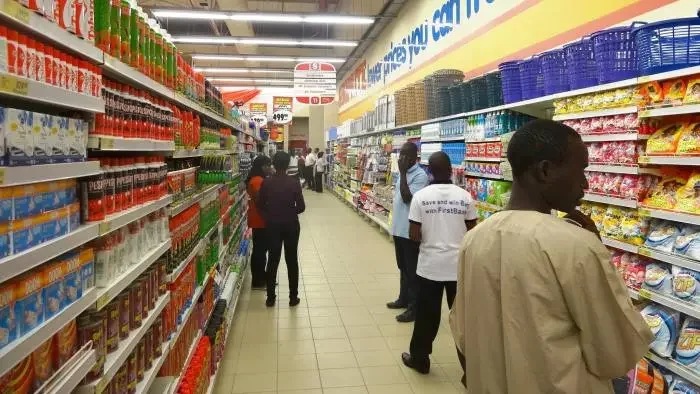
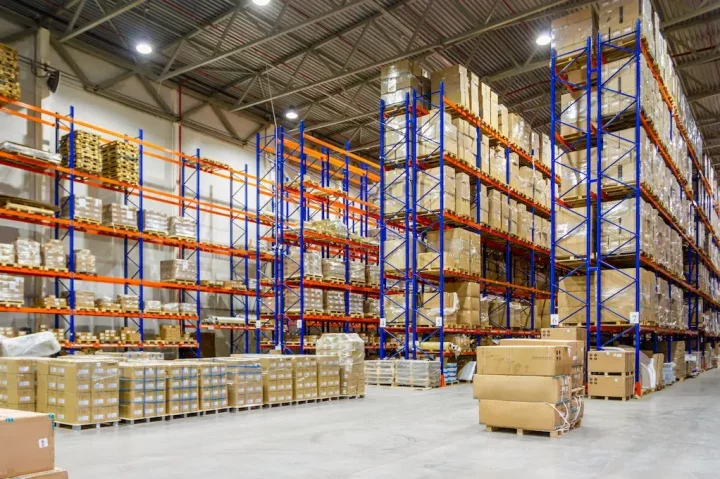
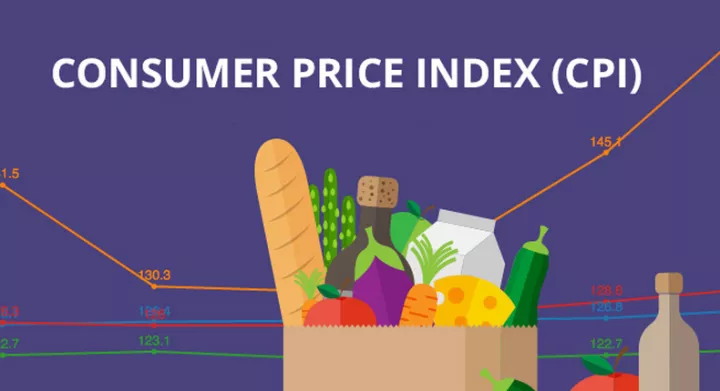
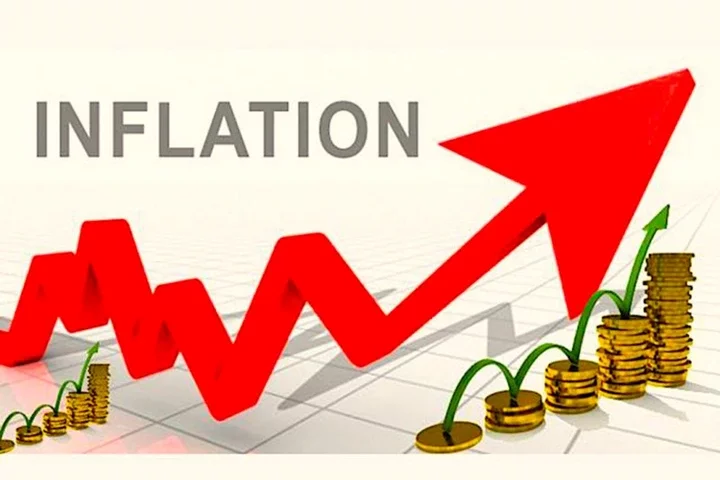
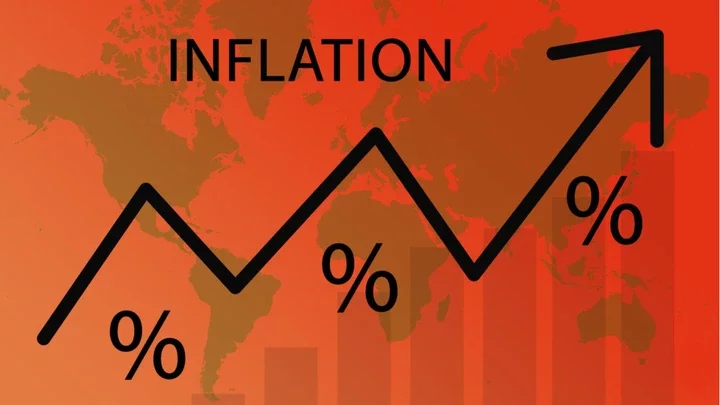
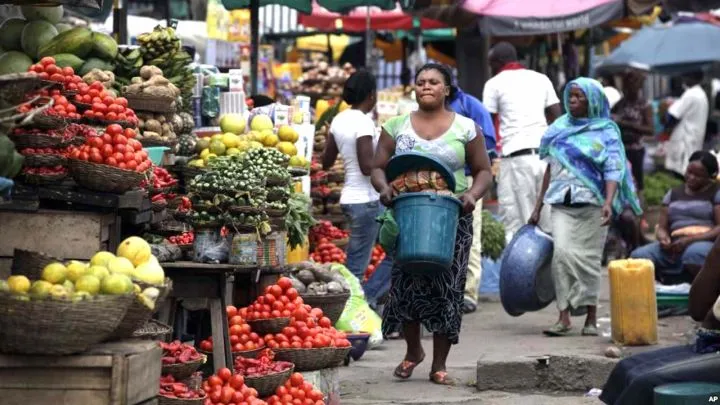
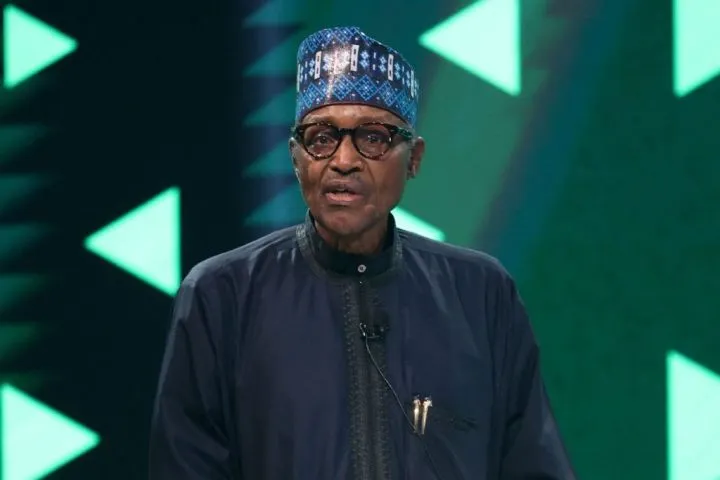

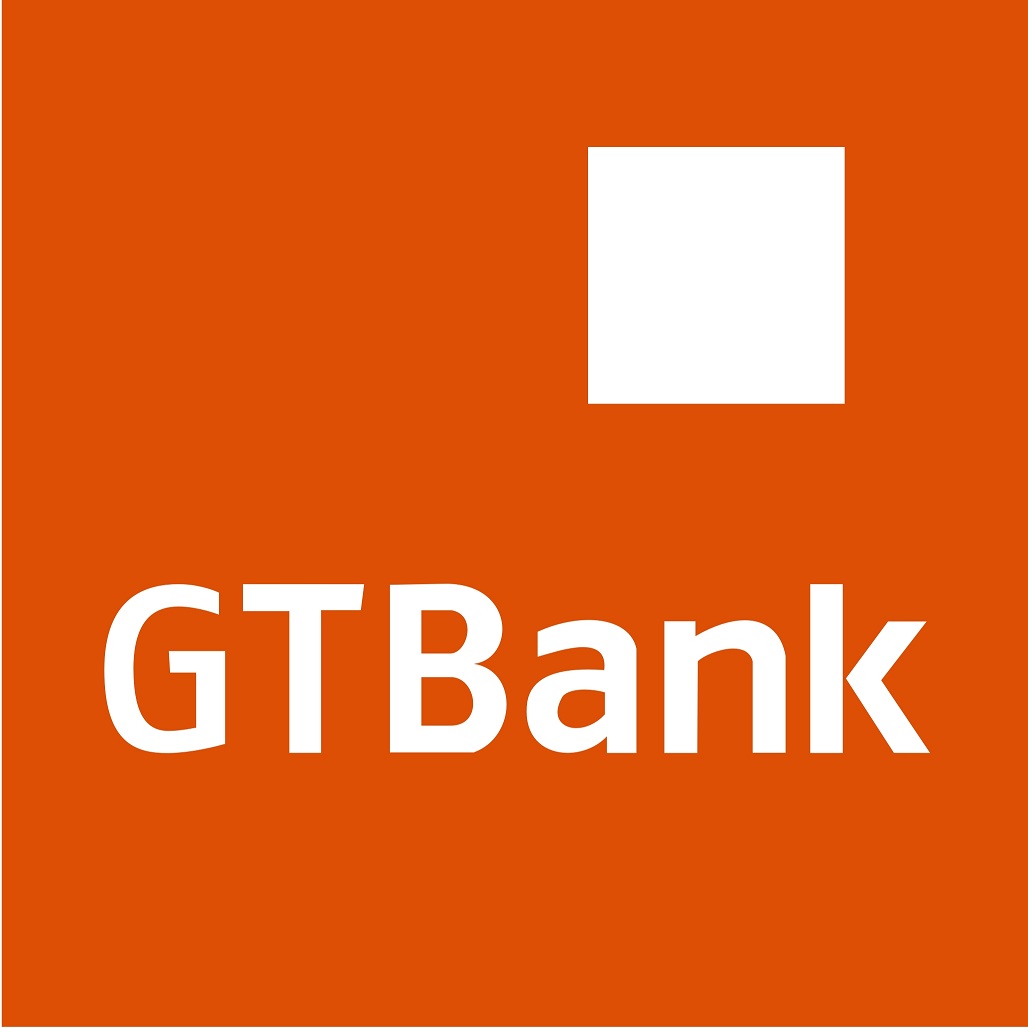


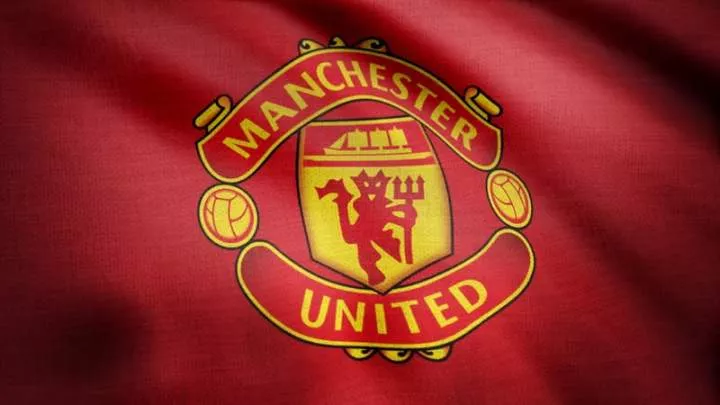



Comments